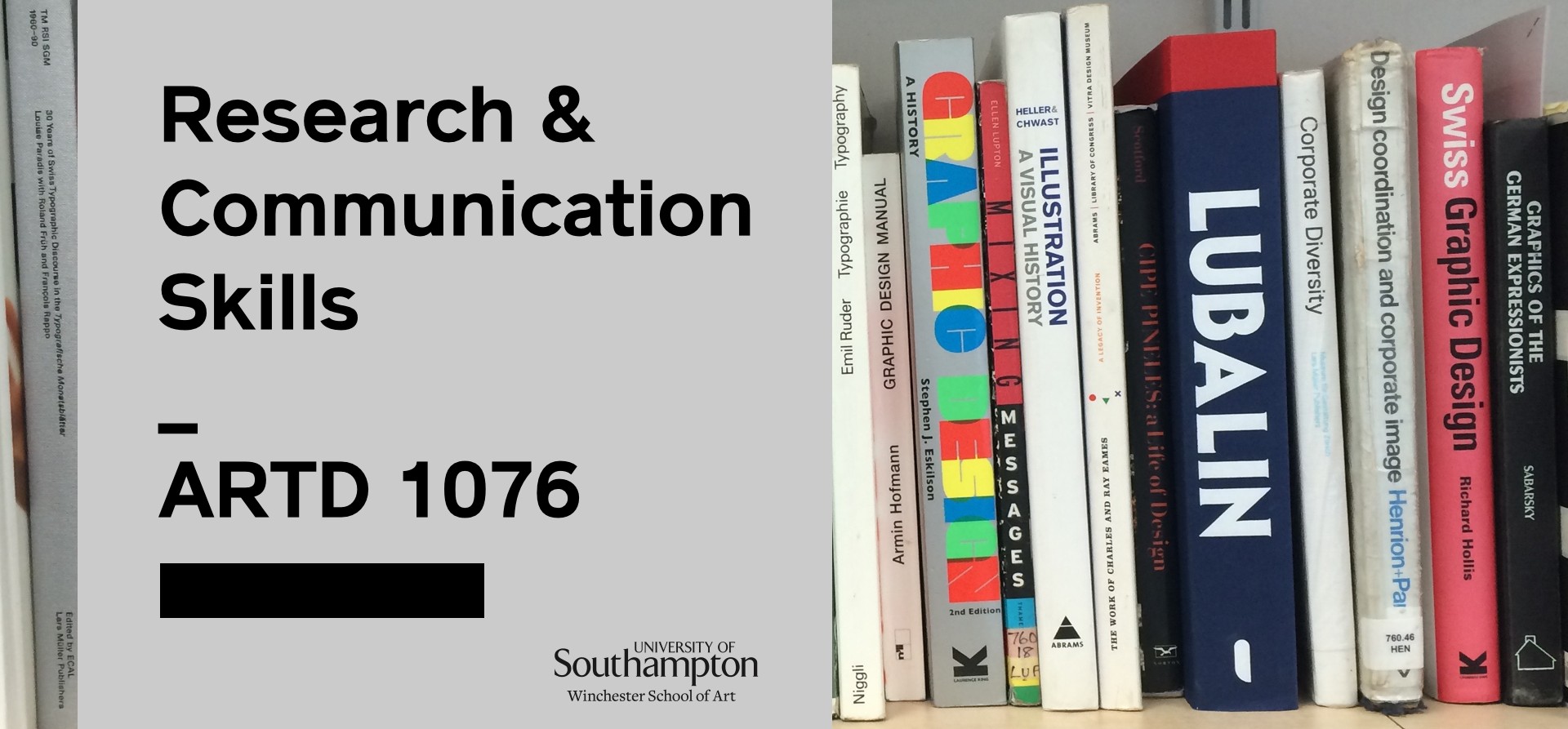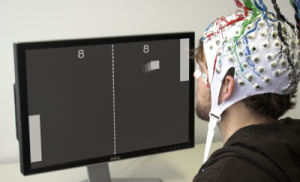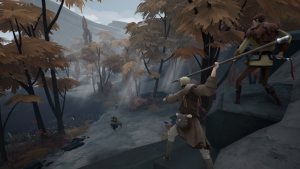“We find you need to make a game wrong at least two or three times before you find the right path. We took a lot of time to design and explore, knowing that a lot of it would be thrown away.” – Monument Valley lead designer, Ken Wong
I am someone who has a multitude of ideas, a lot of them go wrong, but I always come out with something that works. This isn’t only apparent in game design it’s self though… it happens in my written work, presentations and everything else I do.
I think my overall progress in the question pairs has turned out rather well. I answered them all as best I could, included all the necessary references, images, and even my own images in some of them. I like that the questions were each about their own subject which led me to research into other subjects. For example; in the ‘HCI’ answer, I talked about ‘BCI’ (Brain Computer Interface) which I didn’t know much about until I researched into it more. This went rather well for me as it’s not something I have done much of before. I usually only researched into to things I already knew about as I was scared of looking into new areas that I may get wrong. But this research really helped me to understand ‘HCI’ and ‘BCI’ in a better way.
Copyright was a very interesting and beneficial lecture for me. I didn’t know much about this subject and was scared to look into it as you always hear law suit horror stories, especially in the industry of game development. This lecture with Adam, especially the questionnaire at the end, really opened my eyes to what copyright actually is, and how miss-informed most people are to it, myself included. I have learned how important copyright is in the games industry, especially indie developers. It not only protects my own work, but stops me from plagiarising anyone else’s.
The Barbican project has changed my thinking a lot. Typically I would research areas, things, places, etc that I like. However, I didn’t like The Barbican a lot. This showed me that in the industry, whether you are indie or more well known, you will still have times where you are working on things that you do not enjoy. This is a bad way of going about tasks. If I worked in a game company as was told to 3D model a plain, boring box, I couldn’t just complain about it and get assigned something else, I would have to get on with it, otherwise I would be out of a job.
In the end, I enjoyed the Barbican project. I got a really good idea from it, made some concepts that I am really proud of and would of loved to take the idea I had further. I do not think my presentation was all that successful though. It fell short compared to some people’s. If I could do it again I would include more of the concepts from my book and expand them even further to block out my idea, but I would also need to take a step away from my comfort zone of concept art and take a step into the verbal aspect. I didn’t talk a lot about the idea, I just briefly spoke about what was on each slide. This was what made my presentation fall short I think. So I would also make sure to note down some rough “selling” points to talk about on each slide, sort of like a rough script for myself. This would greatly improve my presentations in the future. I would also try not to go into a project with a bad attitude towards it. This just leads me to not putting my full effort into it, leading me to eventually fail. From now on I am going to go into all projects with a neutral outlook towards them, to keep me from shooting myself in the foot.





